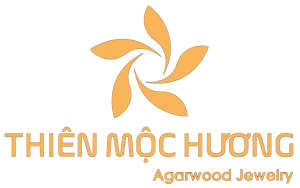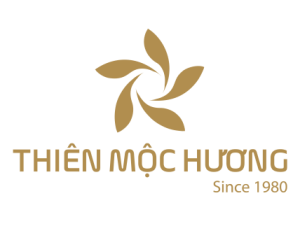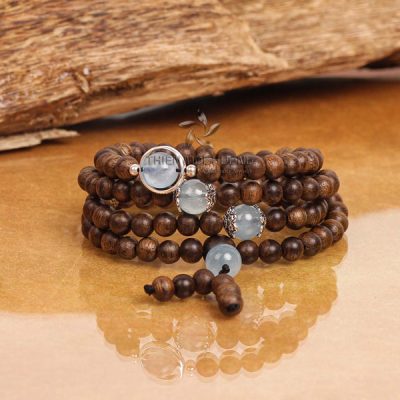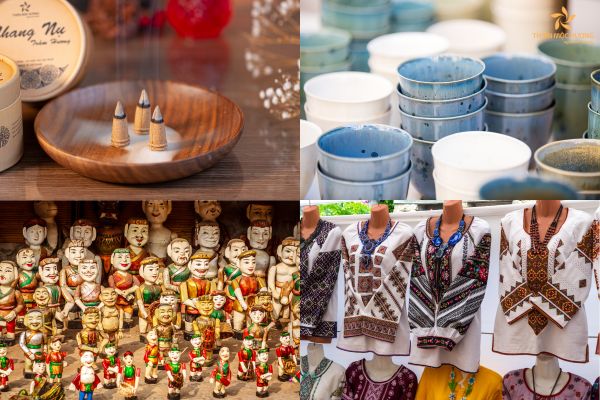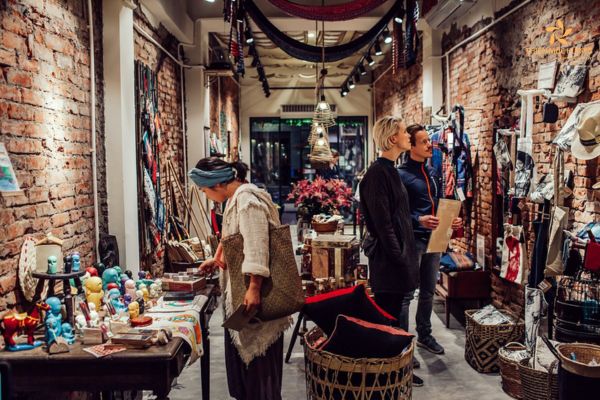Vietnam is a country that takes immense pride in its rich cultural heritage and traditions. One of the ways this is showcased to the world is through its traditional products which are renowned for their quality and craftsmanship. Vietnam handicraft products have been gaining popularity over the years, not just within the country but also internationally. So, why exactly is traditional product in Vietnam so famous? To answer this question, let’s explore the traditional crafts village in Vietnam.
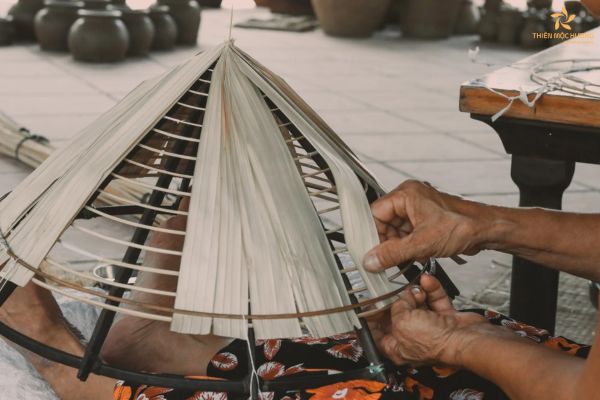
Introducing Vietnam’s famous traditional crafts villages
There are hundreds of traditional crafts villages in Vietnam, each specializing in a particular type of handicraft. These villages have been passed down from generation to generation, with families dedicating themselves to perfecting their craft. Some of the most popular traditional crafts villages in Vietnam include Bat Trang for ceramics, Van Phuc for silk weaving, and Hoi An for lantern making.
These villages are not just places where handicrafts are made, but they also serve as cultural hubs where traditions and customs are preserved. The villagers take great pride in their work and often consider it a way of life rather than just a means of income.
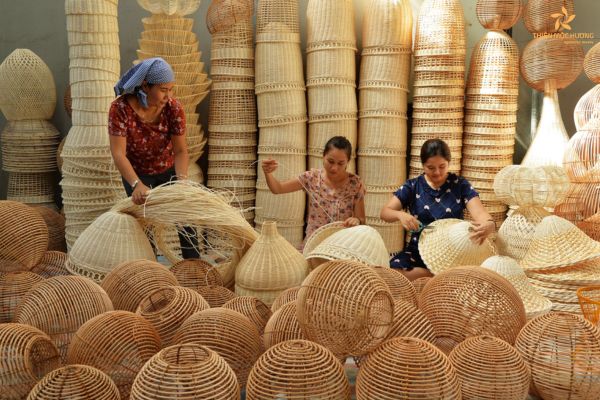
Exploring the origins and history of traditional product in Vietnam
Traditional products in Vietnam are known for their exquisite attention to detail and intricate designs. This is because most of the production process is done by hand, using traditional techniques that have been passed down through generations. Watching skilled artisans at work in these villages is truly a mesmerizing experience.
One of the reasons for the popularity of Vietnam handicraft products is their unique blend of traditional and modern elements. While the techniques used are traditional, artisans also incorporate contemporary designs to appeal to a wider audience. This fusion of old and new makes these products not just pieces of art but also functional and practical.
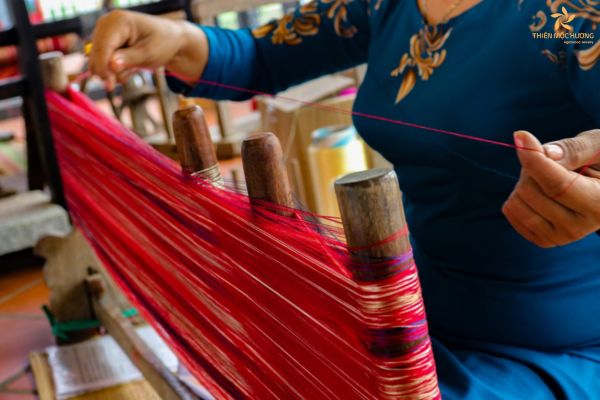
Uncovering the unique techniques used to create traditional product in Vietnam
Each traditional crafts village in Vietnam has its own unique techniques and processes for creating their products. For example, the Bat Trang ceramics village is known for its use of clay from the nearby Red River, while Van Phuc silk weaving village uses locally produced mulberry silk. These materials, combined with age-old techniques, result in high-quality and distinctive handicrafts that cannot be replicated anywhere else in the world.
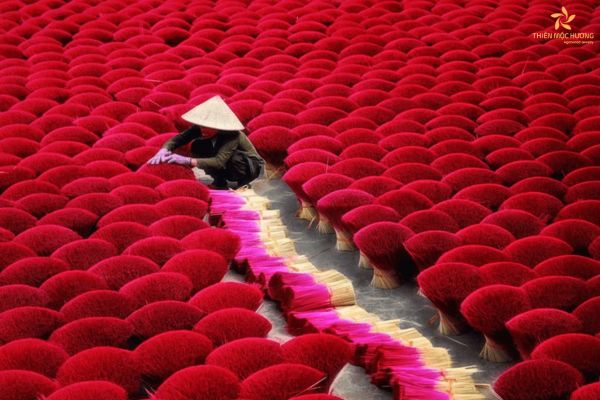
Discovering what makes traditional product in Vietnam so special
Vietnam’s traditional products are more than just beautifully crafted items, they also have cultural and historical significance. These products often reflect the country’s history, traditions, and way of life. For example, the Ao Dai, a traditional Vietnamese dress, is not just a fashion statement but also represents the elegance and grace of Vietnamese women.
Moreover, these traditional products play an important role in preserving the country’s heritage and passing it down to future generations. By supporting these traditional crafts villages, we are not just promoting their unique products but also helping to preserve a part of Vietnam’s culture and identity.
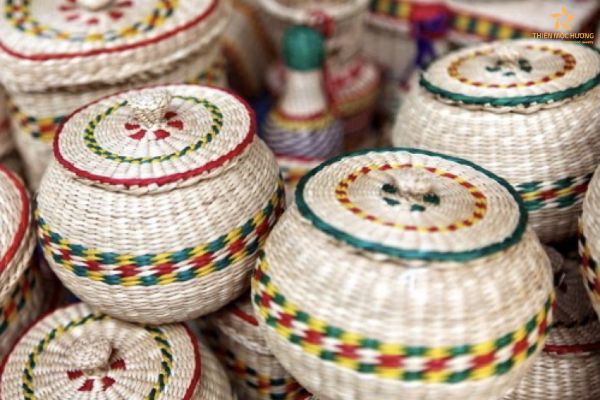
Highlighting the intricate workmanship of traditional product in Vietnam and their beauty
Traditional products in Vietnam are not just mass-produced items, but each piece is carefully crafted with great attention to detail. From hand-painted ceramics to intricately embroidered textiles, these products showcase the incredible workmanship of Vietnamese artisans.
The beauty of these traditional crafts lies in their imperfections, as they are all handmade and unique. This adds character and charm to each product, making them even more special and coveted.
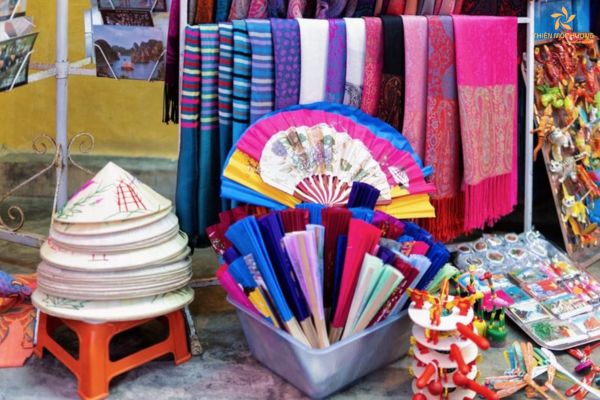
Exploring the different ways that local artisans have adapted to modern times
Despite the rise of modern technology and mass production, traditional craftsmen in Vietnam have managed to adapt and evolve their techniques. This has allowed them to keep up with changing consumer demands while still preserving their traditional methods. For example, many villages now offer workshops where visitors can learn about the traditional craft-making process and even try their hand at creating their own products.
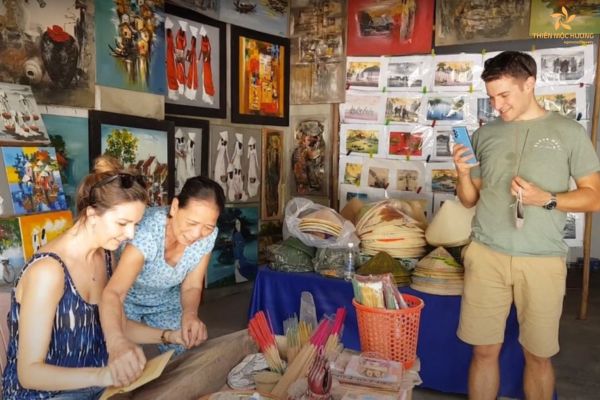
No visit to Vietnam is complete without experiencing the magic and charm of its traditional craft villages. From shopping for unique souvenirs to learning about traditional techniques, a visit to these villages offers a glimpse into the rich cultural heritage of Vietnam. So, make sure to add a few of these villages to your travel itinerary for an unforgettable experience.
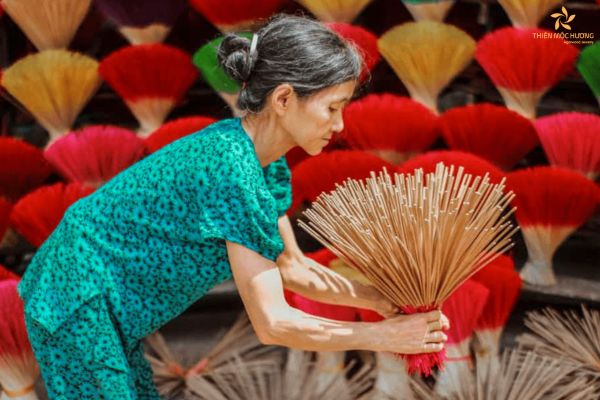
Conclusion
There is no doubt that traditional product in Vietnam is famous for a reason. The passion, dedication and creativity of the local artisans have made these products highly sought after and appreciated worldwide. As tourists, it is our responsibility to support these traditional crafts villages and help preserve their cultural significance for generations to come. So, next time you’re shopping for souvenirs, consider purchasing a traditional product and experience the magic of Vietnam’s cultural heritage.
[/message_box](117)
